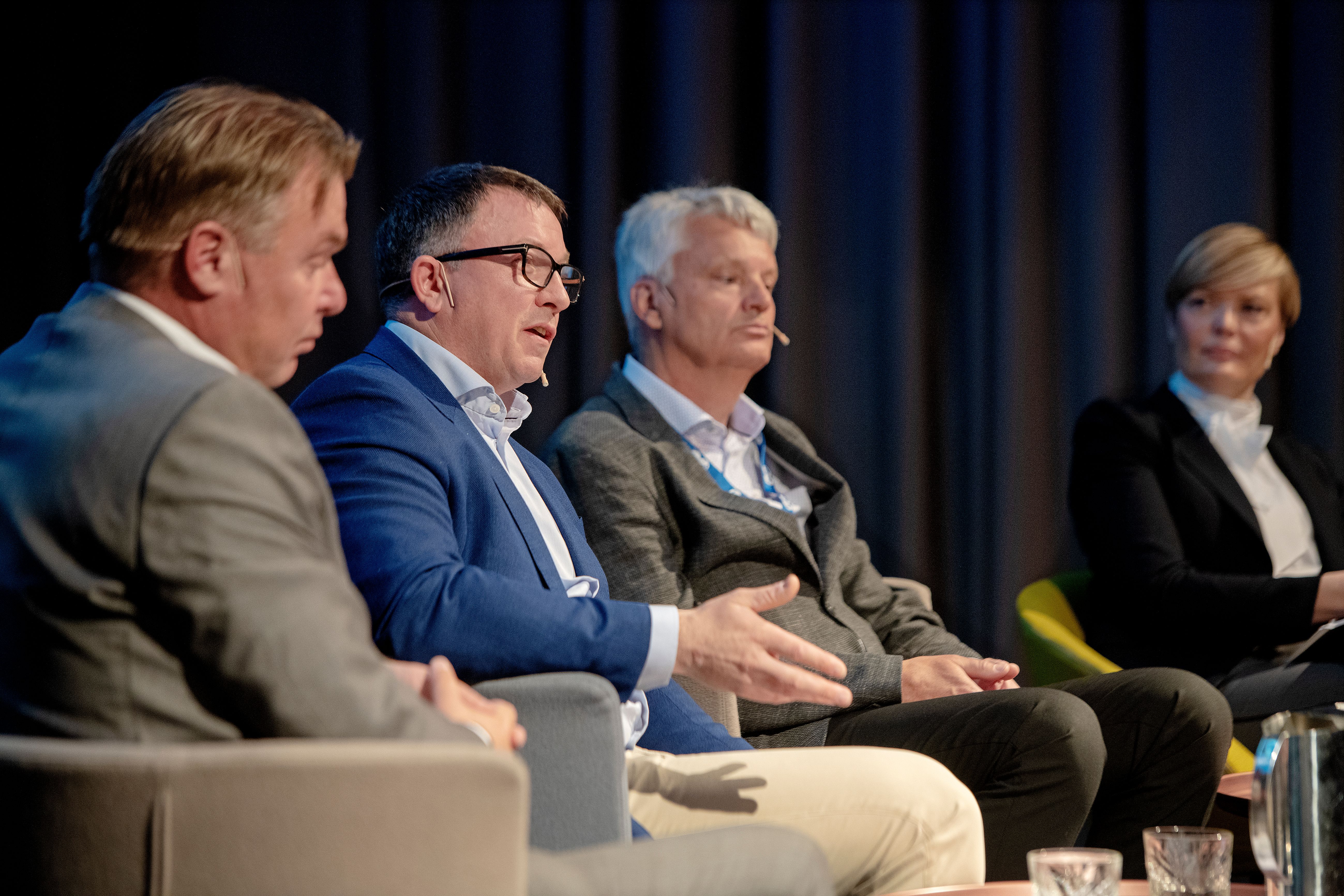Our strategic sessions will provide a unique opportunity to hear from progressive industry players from the energy, environment, geoscience, underground engineering, and policymaking communities as they bring forward their insights, knowledge and expertise.
With a focus on industry movements and experiences, discover technological solutions to the challenges posed by the energy transition, as they integrate their knowledge, and showcase the latest science and technology expertise as we collectively strive to achieve net zero emissions.

-(2).jpg)

